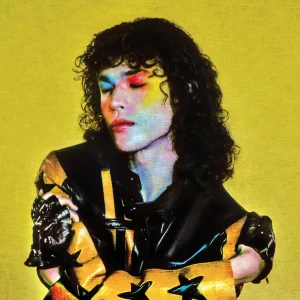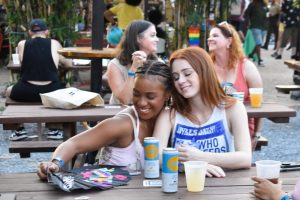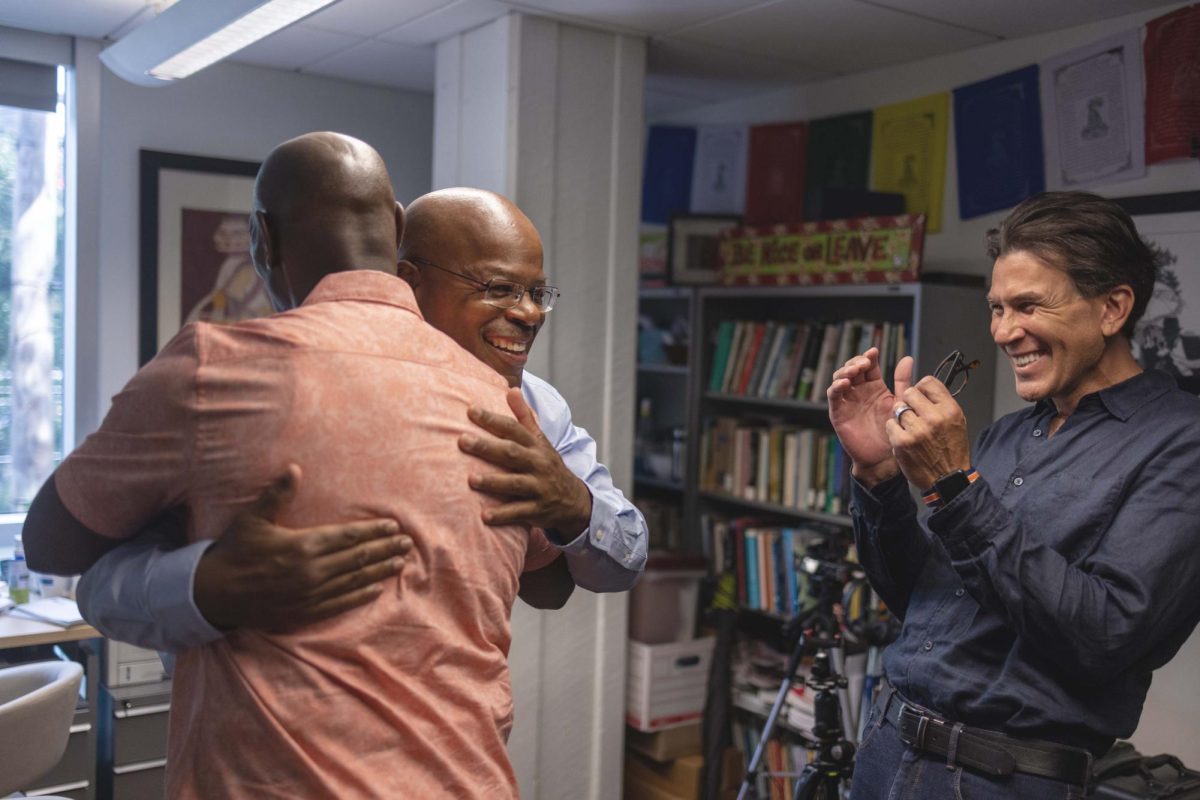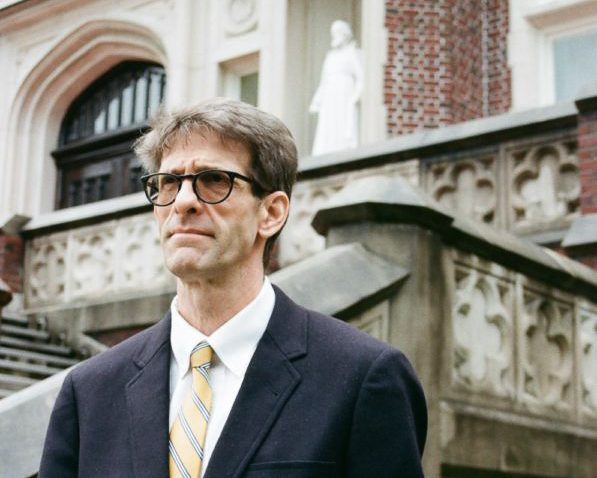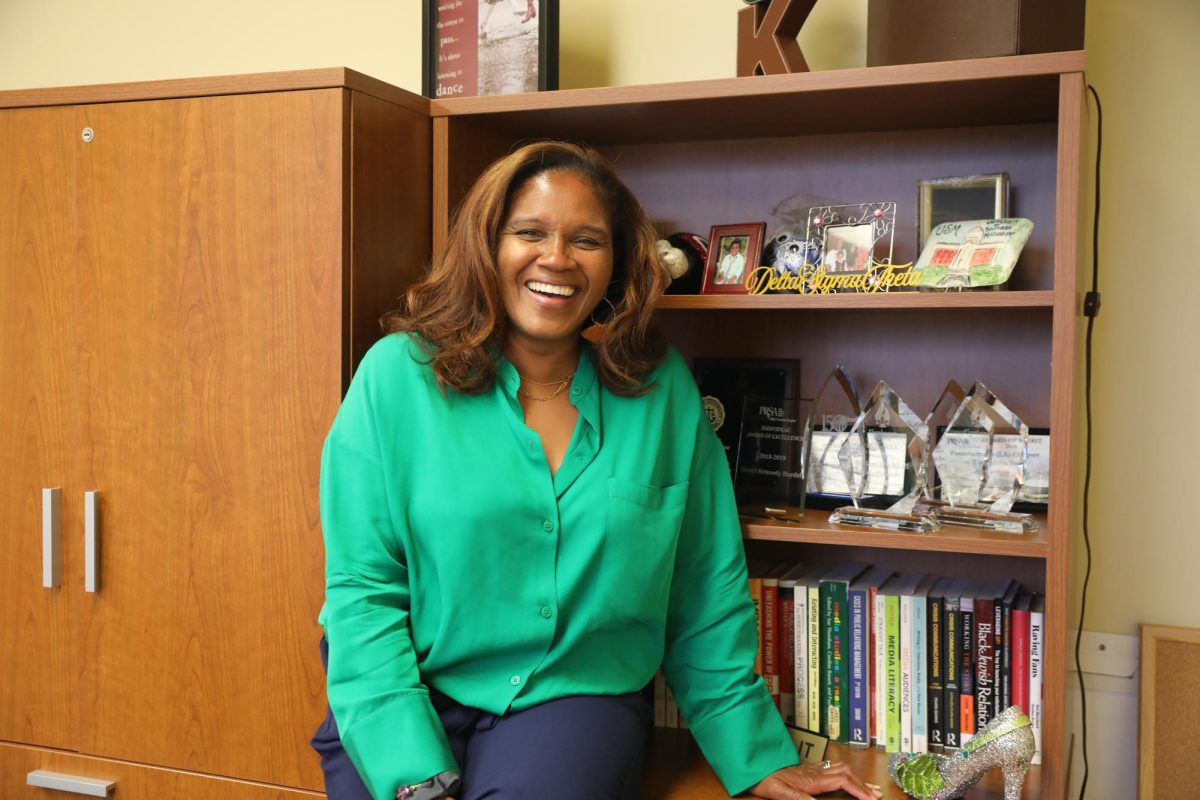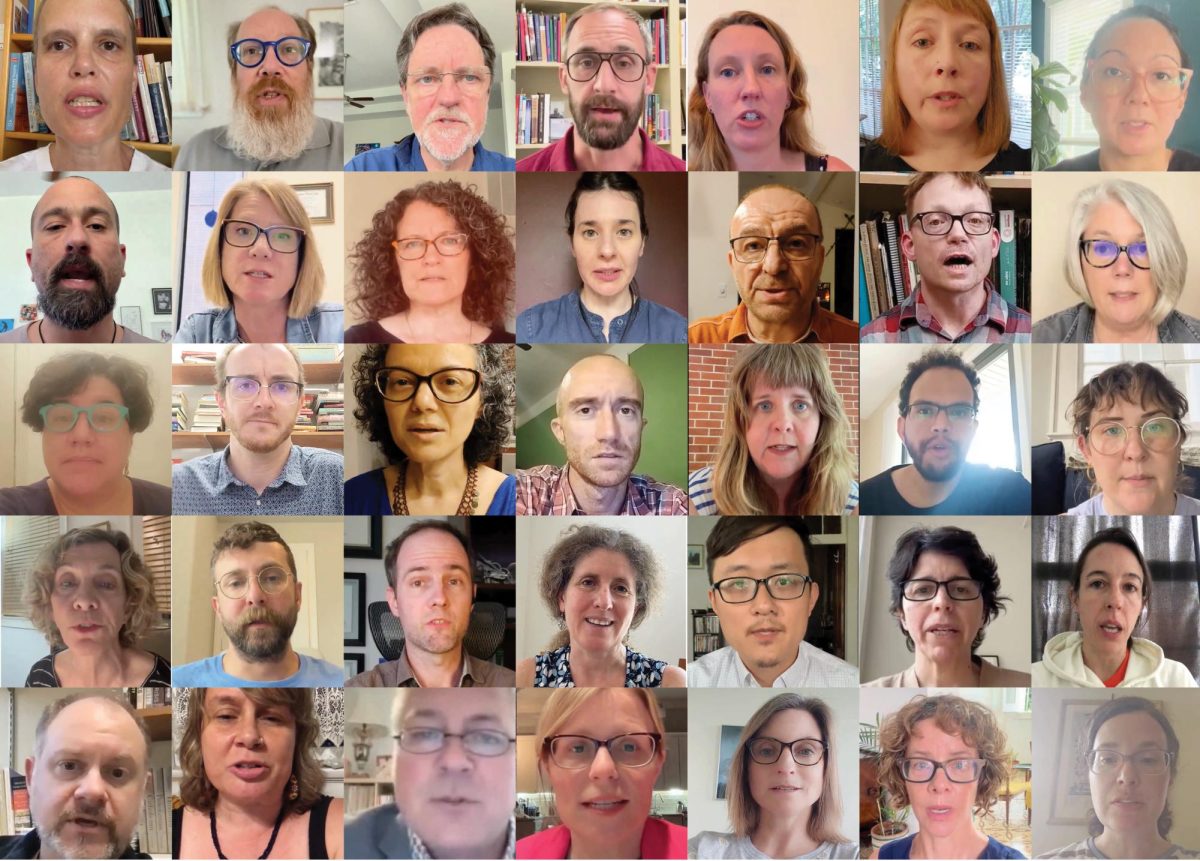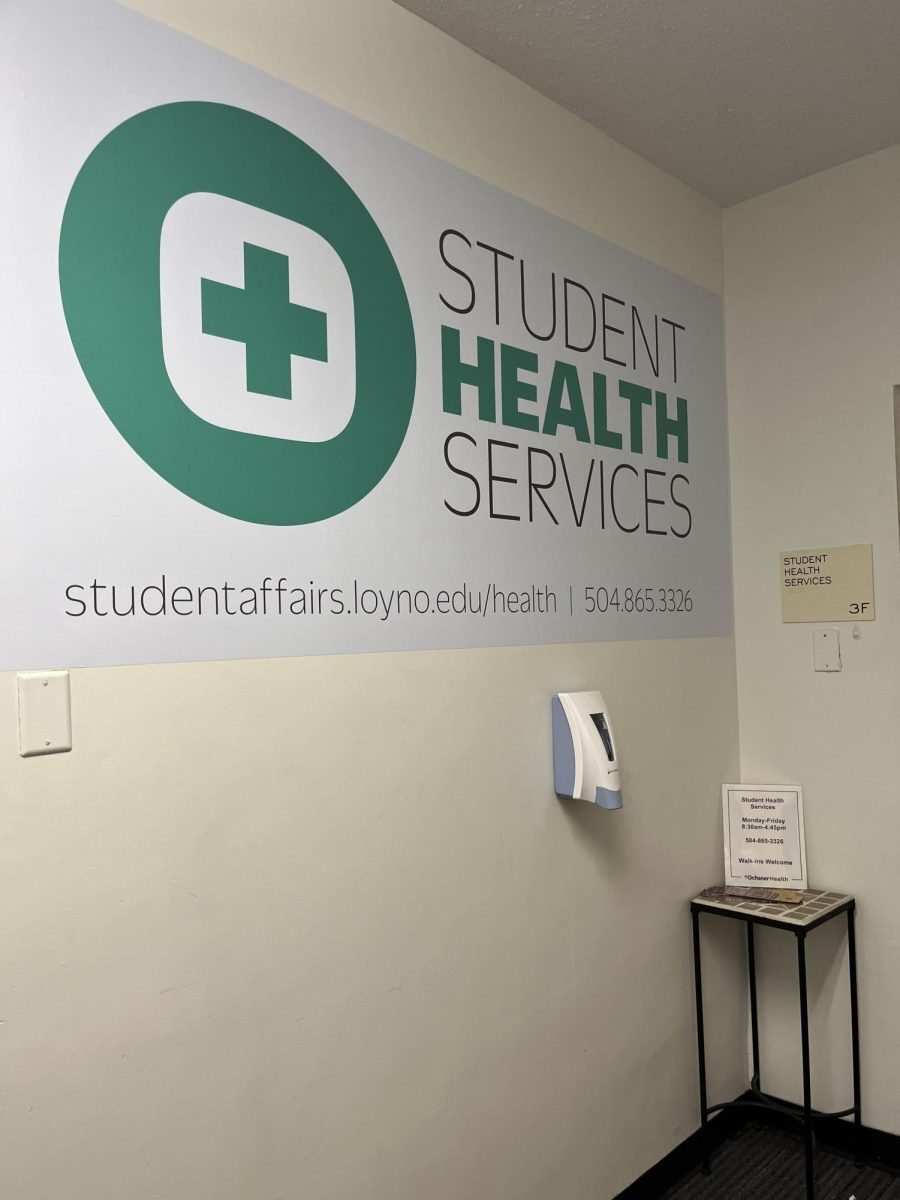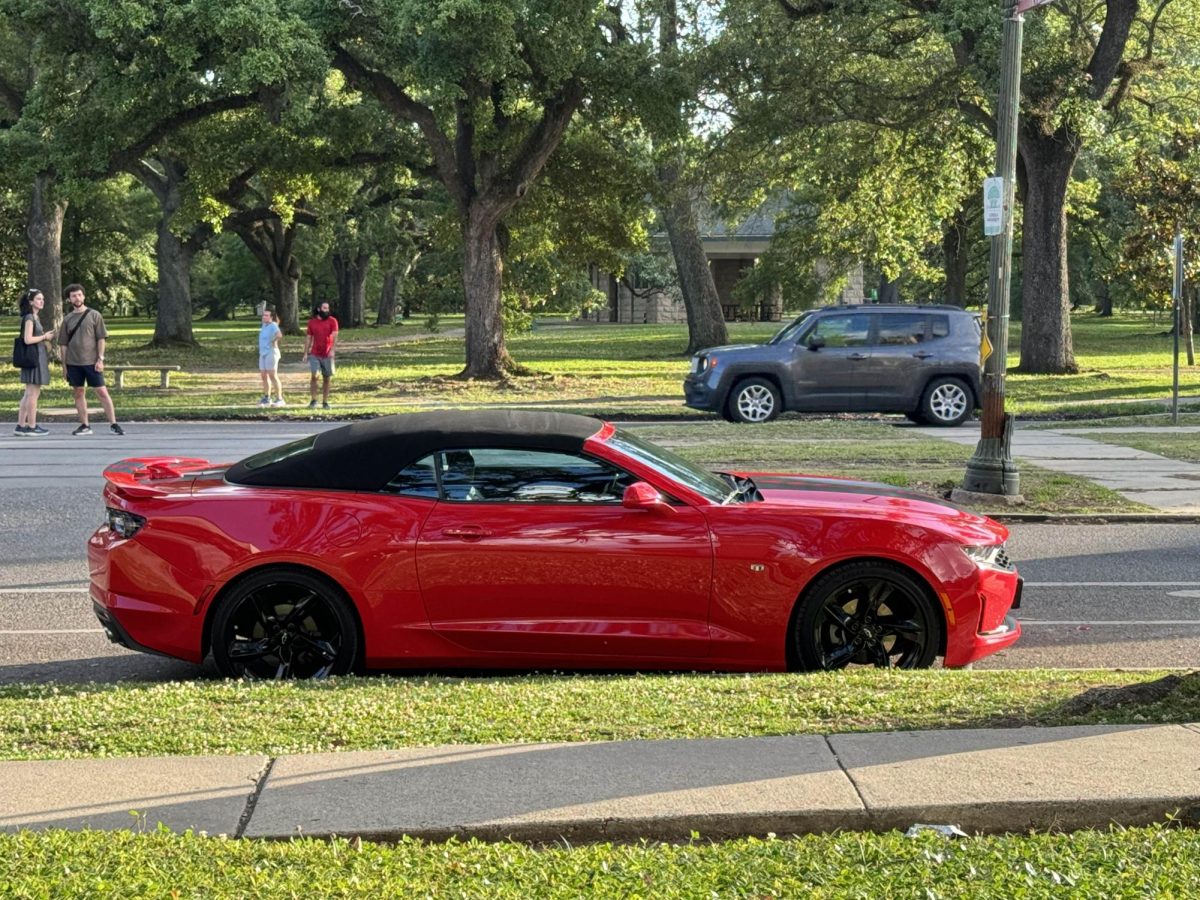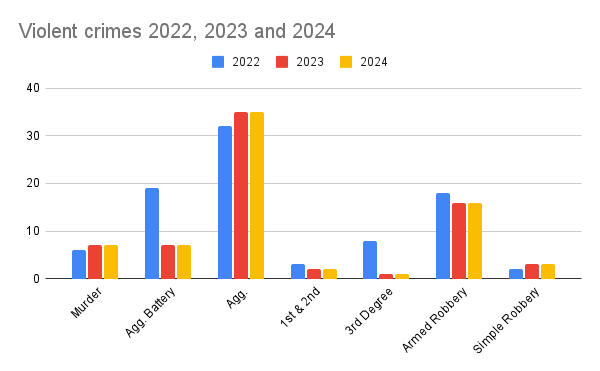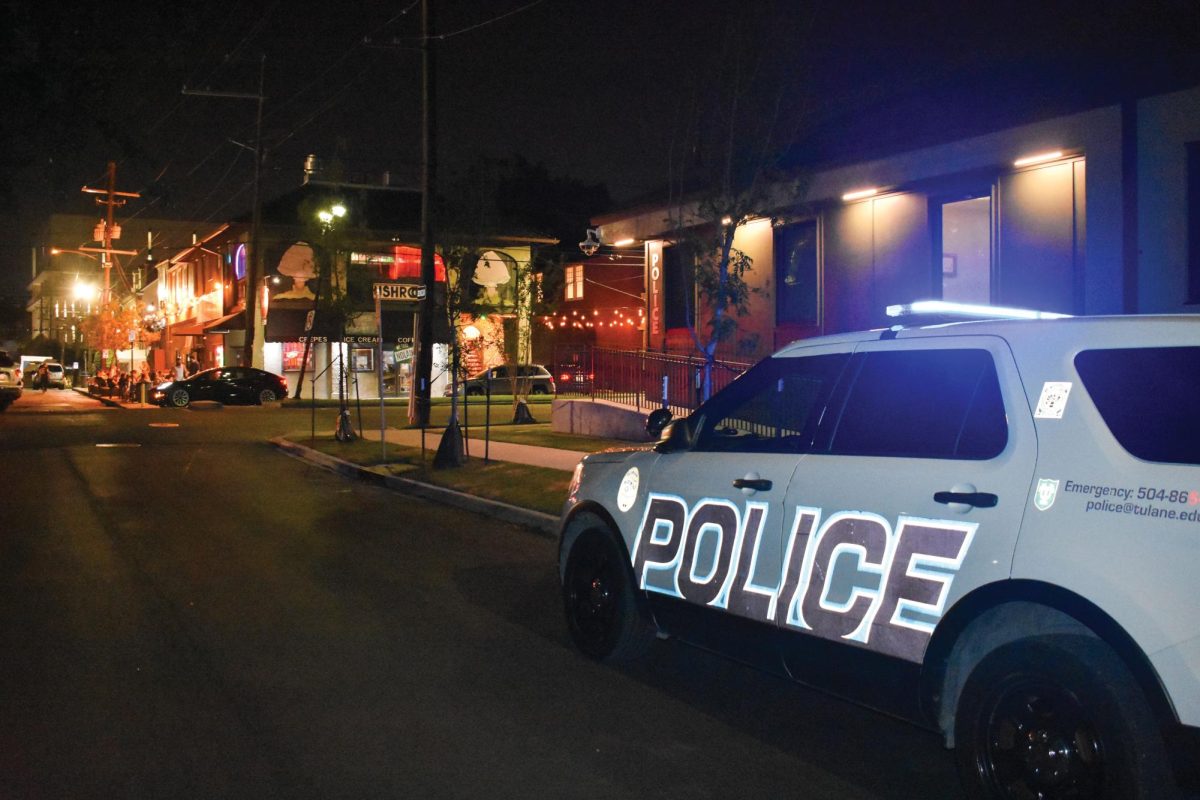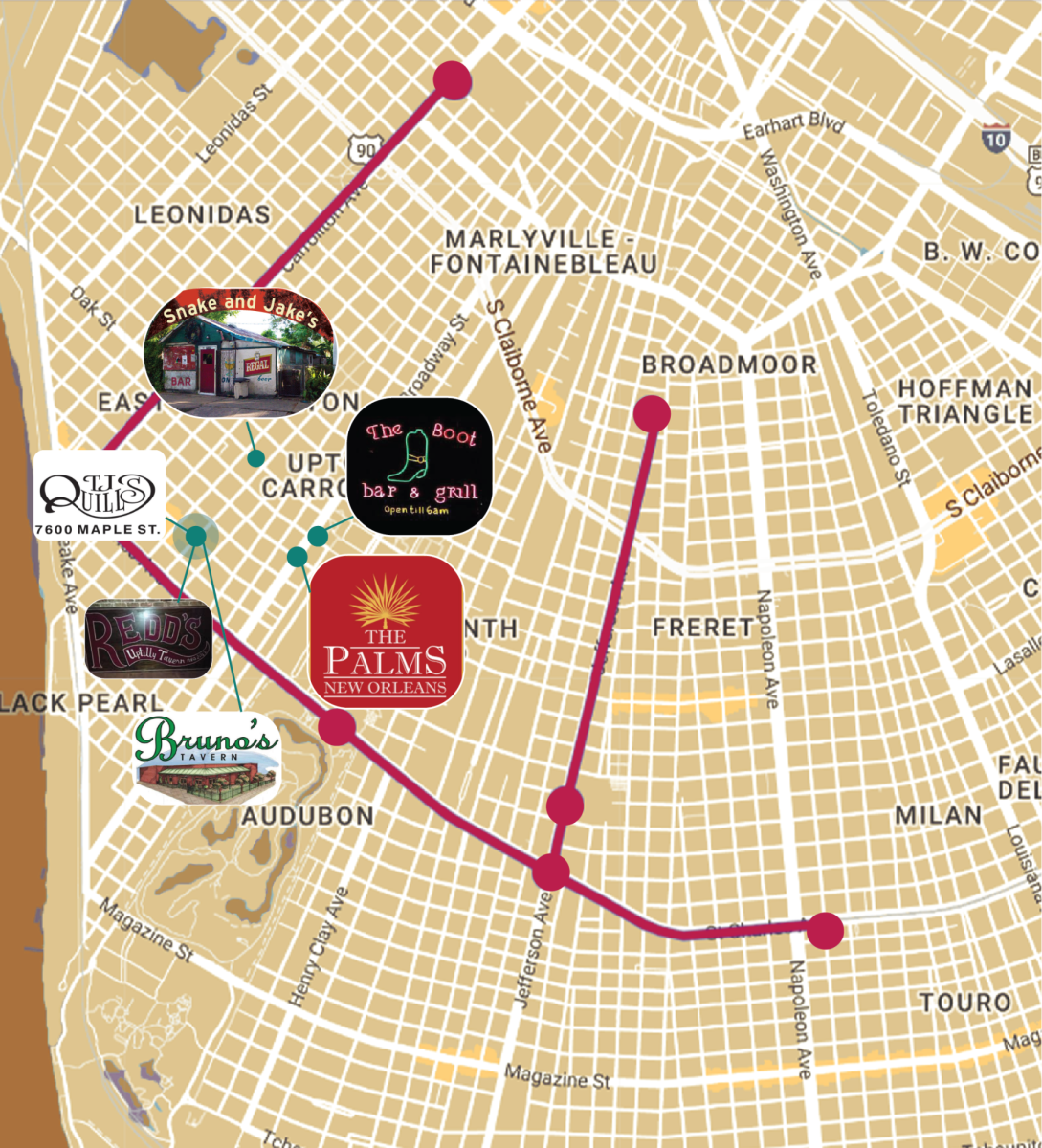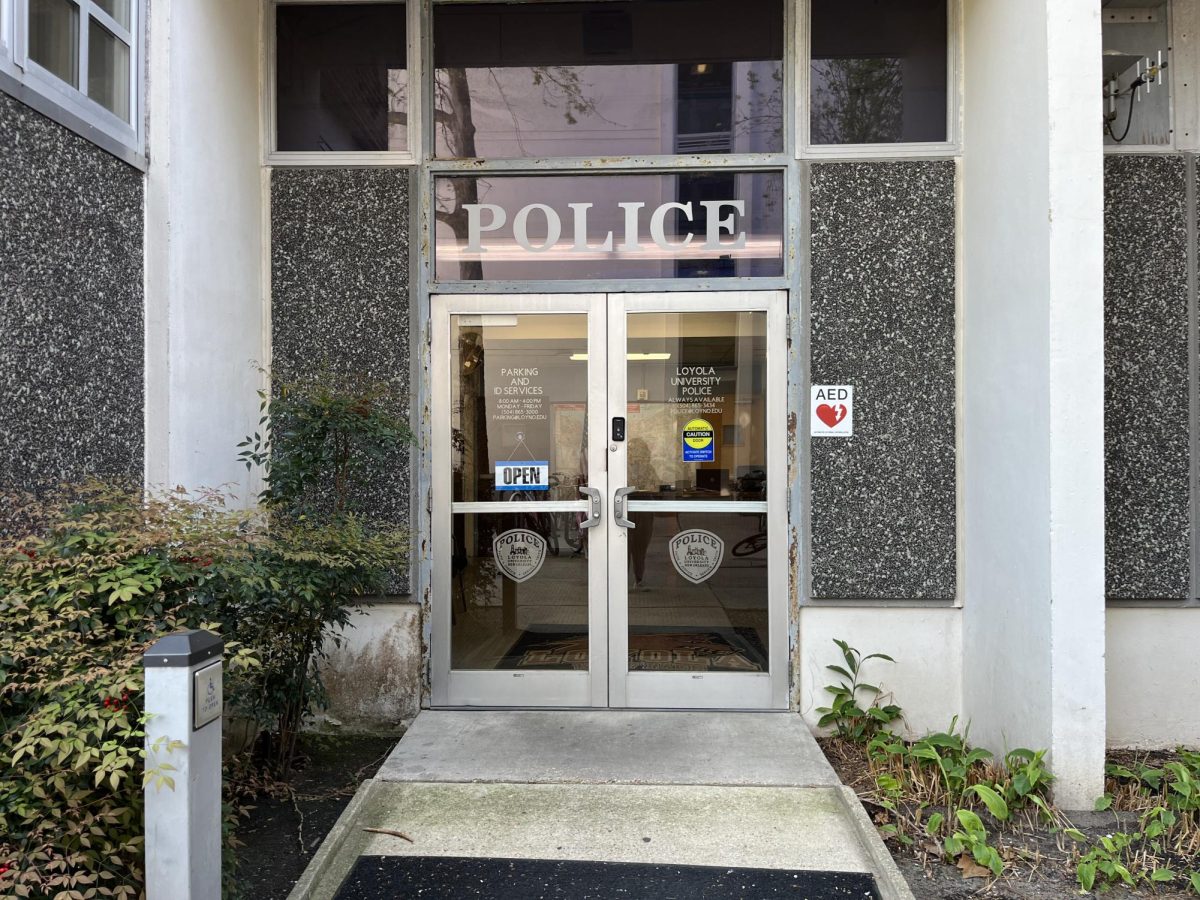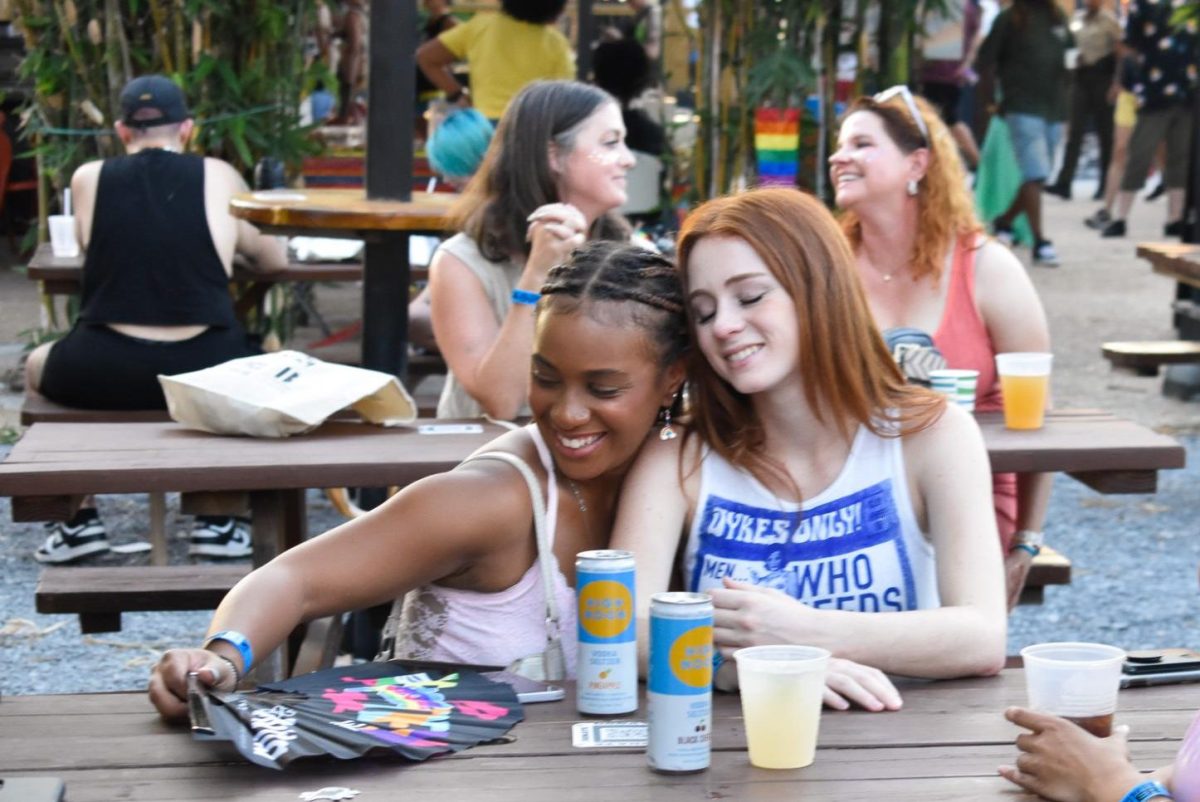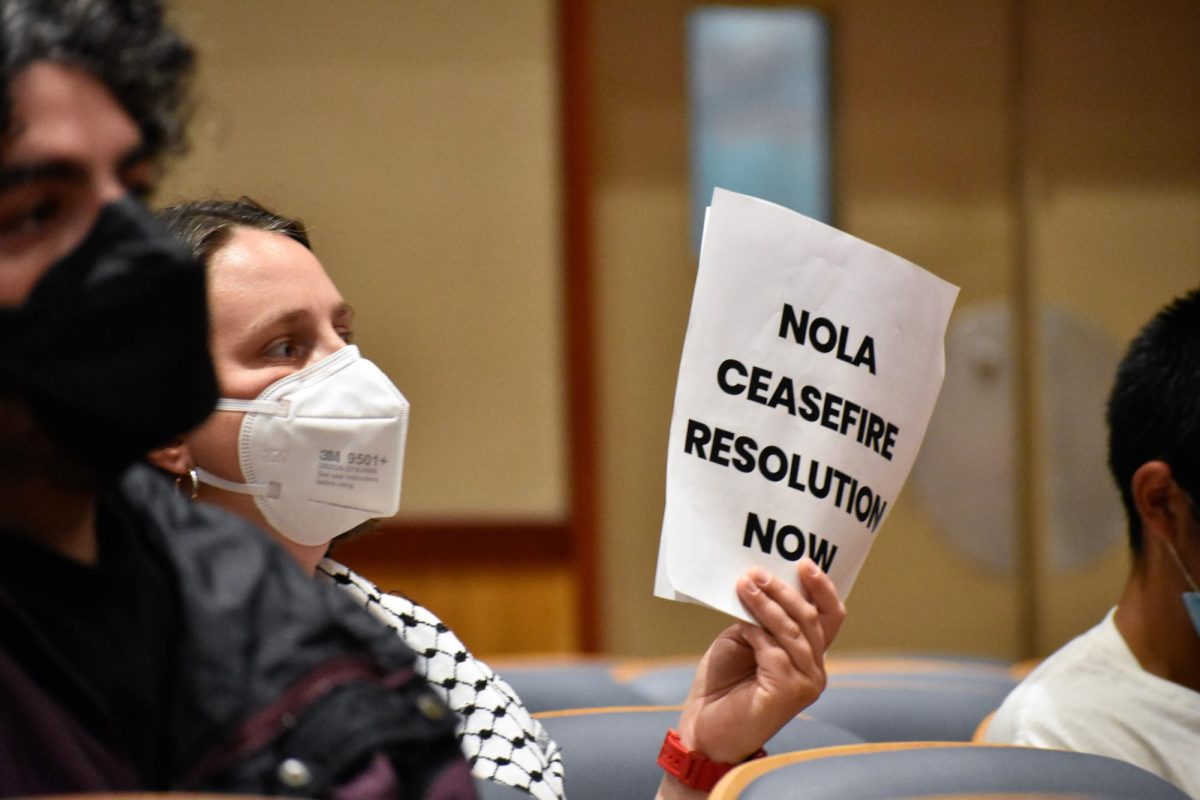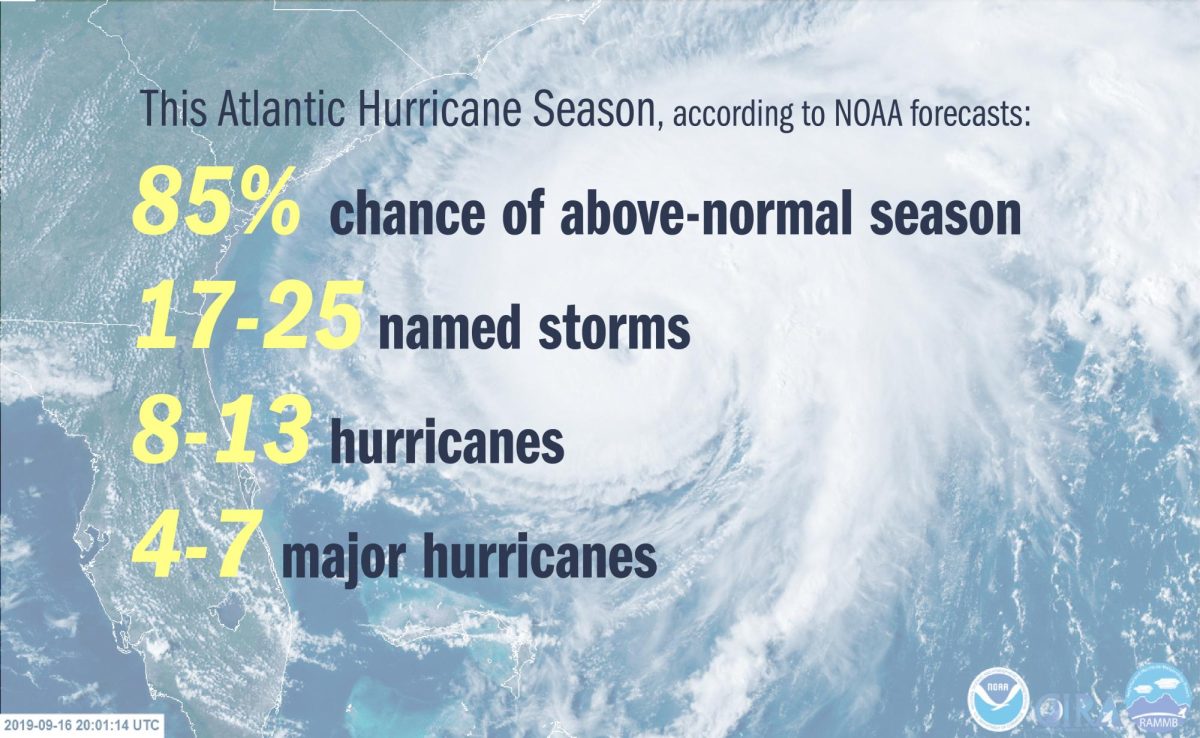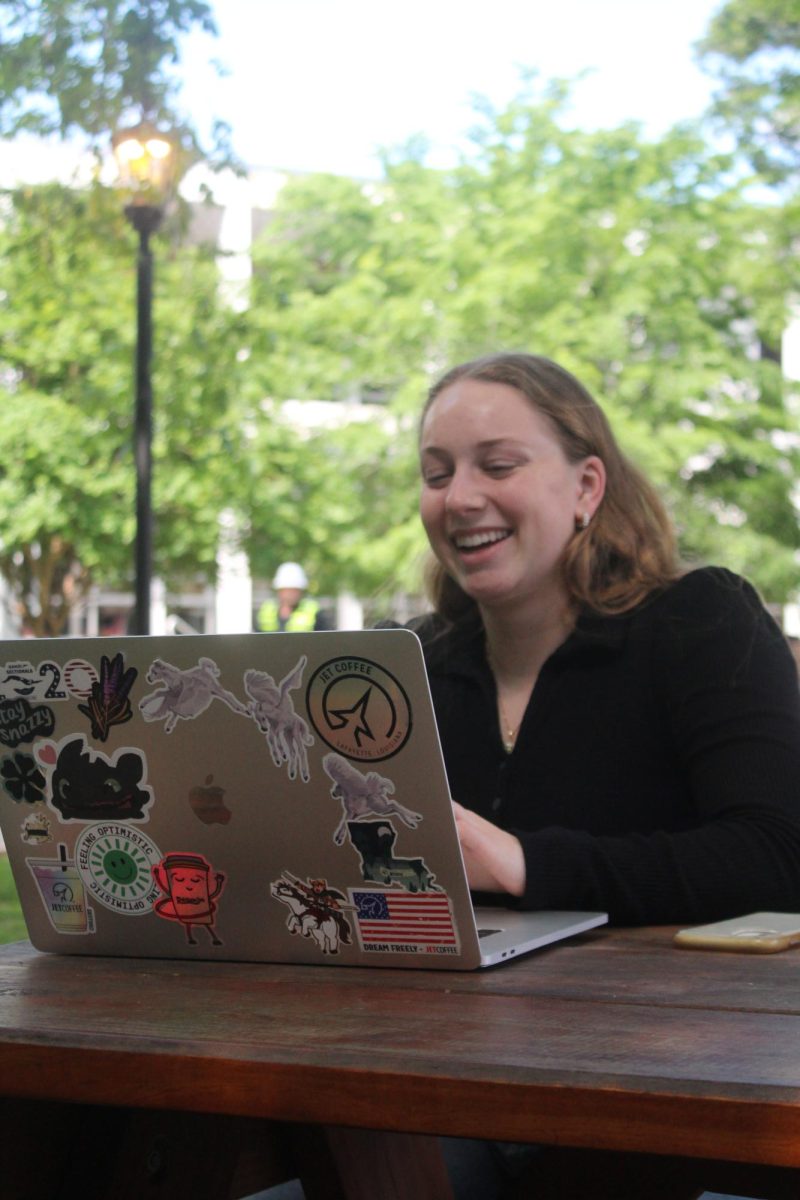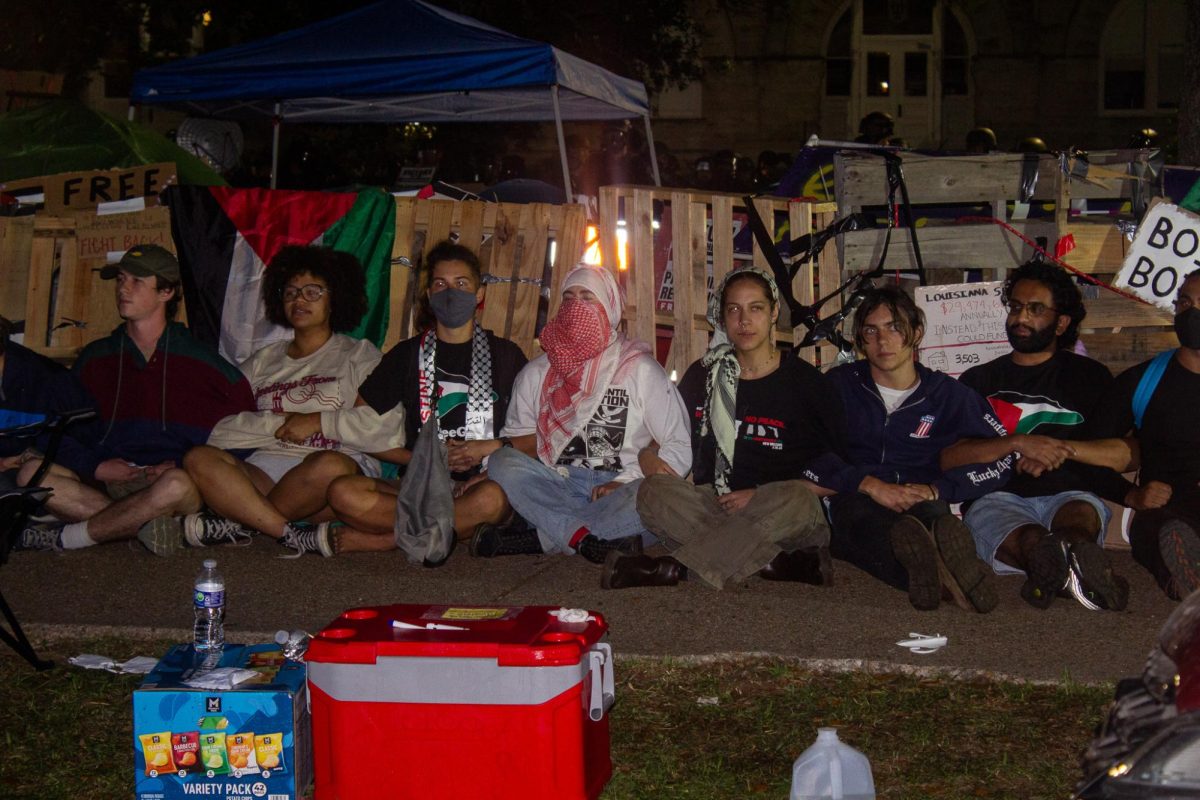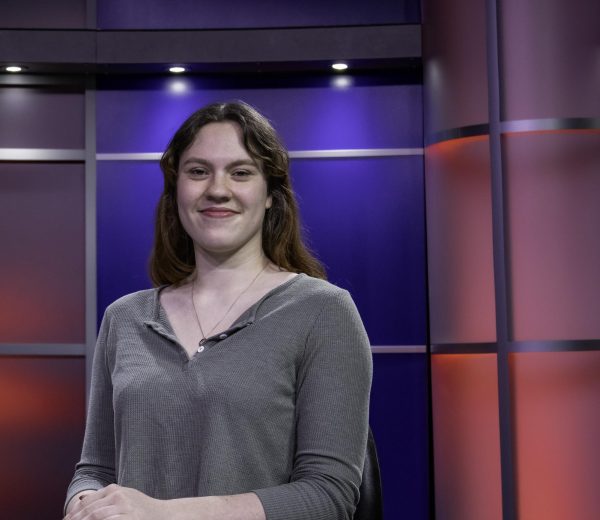Sociology professor Marcus Kondkar said he thinks it is everyone’s basic civil responsibility to look at what is going on behind prison sentences and look at the people being put in prison.
“I think it’s a little bit cowardly for us not to confront the consequences of these policies; these punishments have been given out in our names,” Kondkar said.
Kondkar has been working on The Visiting Room Project since 2016, alongside Calvin Duncan, a man wrongfully convicted of first degree murder in 1985.
“It’s like the largest collection of first person testimonials of people serving life without parole in the world,” Kondkar said.
Loyola will host the project, which aims to create a space for people to have honest conversations about the nature of prison sentences and punishment, during Second Chance Month, a month-long collection of events sponsored by the Jesuit Social Research Institute to remove barriers and unlock opportunities for the tens of millions of Americans who have been justice involved.
“We just realized we had to get into the prison, get these stories out, record them, create opportunities for people to encounter them and start connecting the data with the full human beings behind the data,” Kondkar said.
Kondkar said he found studies showing the recidivism rate for people who were formerly serving life sentences or who spent decades incarcerated were less than 1%.
Recidivism refers to the tendency for a convicted person to commit a crime after having been released from prison.
Kondkar said that when he showed Duncan this data, Duncan was not surprised, as he had met the people the data talked about in person. He knew who they were as people, rather than numbers.
“We kind of get stuck on the person who was convicted. And we don’t get to see change, transformation,” Kondkar said.
According to Kondkar, it was these conversations with Duncan that led him to the project in the first place.
“If we’re going to understand the experience of incarceration, especially life without parole, we have to have a way of encountering it,” Kondkar said.
Kondkar said that the goal of the project is not to tell people what to think about prison, or even to critique prisons, but instead an invitation to sit with the idea of what life without parole is truly like for someone in that situation.
Kondkar completed the first round of interviews in 2020, after interviewing 150 men who, at the time, were serving life sentences in the Angola prison.
According to Kondkar, some of these men have since been released from prison through the Innocence Project and clemencies granted by former governor of Louisiana John Bel Edwards.
For Kondkar, this is just the beginning. He and his team are in the editing stages of what he calls a “sister companion” to The Visiting Room – a collection of interviews with 50 women about their experiences in prison.
After they complete the women’s portion, Kondkar plans to follow up with the men from the original group of 150, who were convicted as juveniles and released as adults.
A Supreme Court ruling from 2016, Montgomery v. Louisiana, made life without parole for juvenile convicts unconstitutional. This ruling was applied retroactively to past convictions, allowing those affected to apply for parole after a certain amount of their sentence was served.
Many of the people Kondkar interviewed were affected by this ruling, and in the past couple of years, some of them have begun returning home.
“Disproportionately, those folks in the project are coming home. So we have an opportunity to follow that,” Kondkar said.
On April 24, students will have the opportunity to sit down with a formerly incarcerated person who Kondkar has interviewed for The Visiting Room and ask them questions about prison and what it was like for them.
“The goal is pretty simple. It’s about just creating that kind of encounter,” Kondkar said.
Kondkar teaches a course called Louisiana Incarcerated that is available for all students during the fall semester.
He also encourages students to get involved with local organization Voice of the Experienced: VOTE, which is run by formerly incarcerated people with the aim of restoring human and civil rights for people impacted by the criminal justice system.
“Your generation has grown up understanding that there’s something wrong with the way we’re doing incarceration in this country,” Kondar said.




